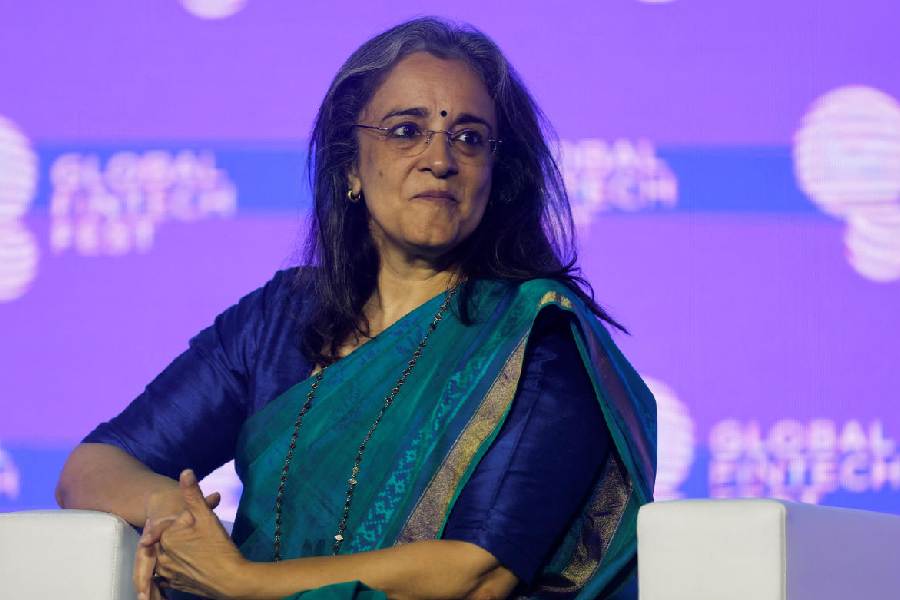From tax tweaks on employee stock options to incentivising reverse flipping (relocating base to India) and high allocations for credit guarantee schemes, the growing base of start-ups can benefit from changes that improve the ease of doing business in the country.
“The start-up ecosystem must be prioritised in the forthcoming budget. The start-up scene in India is currently the third biggest in the world, and the country is also one of the fastest-growing tech hubs.
“The removal of the angel tax was a welcome move by the government. However, there is more that needs to be addressed,” said Ajai Chowdhry, founder HCL, chairman EPIC Foundation & MGB, National Quantum Mission of India.
“One example is the present tax system, which hinders the use of employee stock option plans (ESOPs), which are crucial for start-ups to recruit and retain talent. Whatever the situation may be, employees are still obligated to pay taxes when they exercise their options.
“It would be more equitable to tax ESOPs only when the shares are sold, in line with the employee’s financial means to pay the tax,” Chowdhry said.
Currently, ESOPs are taxed as perquisite at the time of exercise of option as well as capital gains at the time of sale of shares. However, eligible start-ups have been allowed to defer the deduction of TDS on ESOP perquisite under section 192(1C) of the Income Tax Act.
For DPIIT recognition, an eligible start-up is one where the company age is not more than 10 years, the company is incorporated as a private limited, partnership or a limited liability partnership and having an annual turnover of not more than ₹100 crore.
“The benefit of tax payment deferment as regards ESOPs to the stage of sale (as against the exercise stage) is available for eligible start-ups. This position requires to be revisited and extended for all organisations,” Ernst and Young have said as part of its union budget expectations.
“Indian start-ups are seeking better support through simplified tax structures, including reduced GST burden, easier rules for carrying forward losses, and making share buybacks tax-competitive to ease exits for long-term investors. They also call for aggressive activation of the credit guarantee scheme to extend credit to emerging companies. Simplifying processes like registrations, compliance filings, faster IP rights processing, regulatory ease, and incentives for domestic LPs could significantly bolster the start-up ecosystem,” said Neha Juneja, co-founder and CEO, IndiaP2P.
“Policies could focus on simplifying regulatory procedures for reverse flips, ensuring tax neutrality during mergers, and providing incentives for start-ups to establish their headquarters in India. Strengthening infrastructure, streamlining IPO-readiness processes, and offering grants or credits for innovative ventures could further encourage start-ups to relocate and grow domestically,” said Gaurang Shetty, chief innovation catalyst, Riidl Somaiya Vidyavihar.










